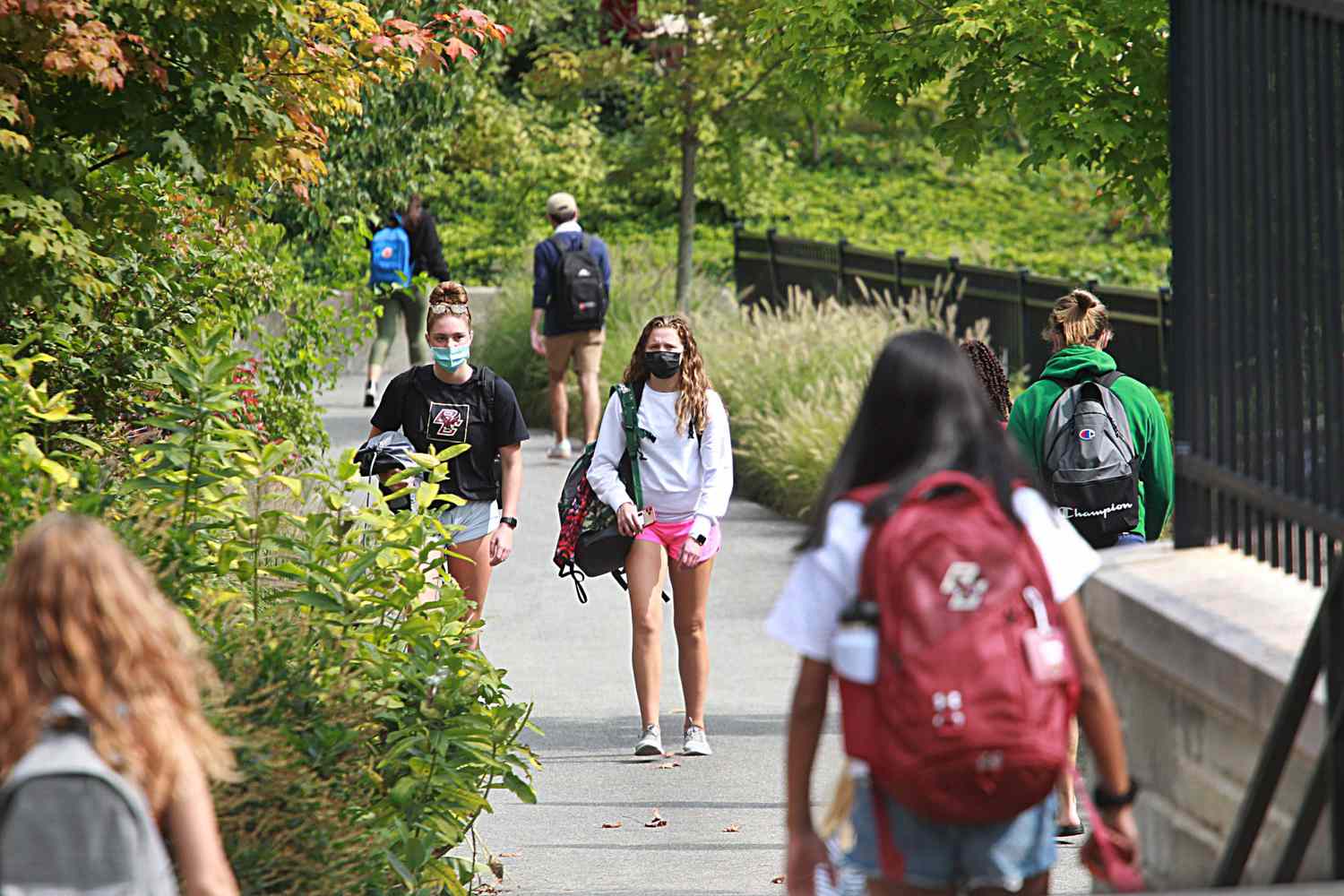Young People Have Contributed to Spikes in Coronavirus Cases that Infect Older Populations


A new analysis has discovered a pattern of young people infected with the novel coronavirus beginning outbreaks that have spread to older people, who are more susceptible to severe illness.
Early on in the pandemic, the number of coronavirus cases was “highest among older adults,” the report from the Centers for Disease Control and Prevention says. During July through August, however, COVID-19 incidence was highest among young adults aged 20 to 29, who accounted for more than 20 percent of all confirmed cases in the U.S. during that time.
“Increased prevalence of SARS-CoV-2 infection among younger adults likely contributes to community transmission of COVID-19, including to persons at higher risk for severe illness, such as older adults,” the report reads.
The CDC specifically notes regional outbreaks of the virus in the southern U.S. as an example of young people spreading the virus to more vulnerable communities.

In these regions, increases in the percentage of positive coronavirus tests among those aged 20 to 39 in June directly preceded increases in positive tests in adults over 60 years old. This suggests “that younger adults likely contributed to community transmission of COVID-19.”
The health organization, which has recently come under fire for issuing seemingly contradictory recommendations during the pandemic, offers several explanations for the age distributions for COVID-19 cases.
First, younger people are more likely to work in the retail, public transit, child care, social services, restaurant and entertainment industries, which put them at a higher risk for exposure. Younger adults may additionally “be less likely to follow community mitigation strategies,” like social distancing and avoiding large gatherings.
Younger people are also more likely to have mild symptoms or no symptoms at all when infected with the coronavirus, meaning they can unknowingly contribute to spreading the illness to those at a higher risk, such as older adults or immunocompromised people.
The report says that despite the lower likelihood of younger adults developing severe infections, the coronavirus “is not benign in younger adults” and can still lead to “hospitalization, severe illness, and death.”
“Emphasis should be placed on targeted mitigation strategies to reduce infection and transmission among younger adults,” the CDC said. “Strict adherence to community mitigation strategies and personal preventive behaviors by younger adults is needed.”
Source: Read Full Article




